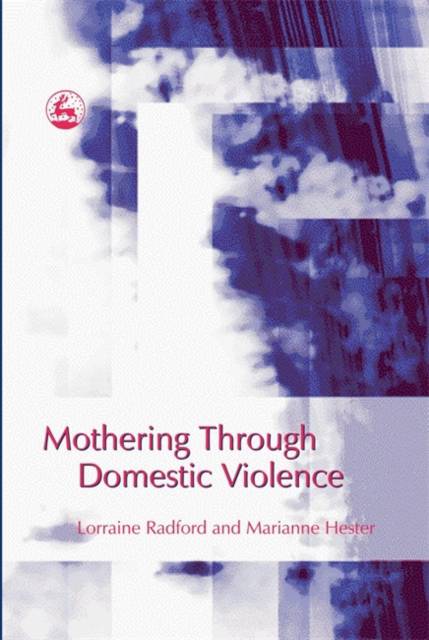
En raison d'une grêve chez bpost, votre commande pourrait être retardée. Vous avez besoin d’un livre rapidement ? Nos magasins vous accueillent à bras ouverts !
- Retrait gratuit dans votre magasin Club
- 7.000.000 titres dans notre catalogue
- Payer en toute sécurité
- Toujours un magasin près de chez vous
En raison de la grêve chez bpost, votre commande pourrait être retardée. Vous avez besoin d’un livre rapidement ? Nos magasins vous accueillent à bras ouverts !
- Retrait gratuit dans votre magasin Club
- 7.000.0000 titres dans notre catalogue
- Payer en toute sécurité
- Toujours un magasin près de chez vous
54,45 €
+ 108 points
Description
Research into children and domestic violence in recent years has emphasized the importance of giving positive support to a non-abusive parent for effective child protection. But what exactly does positive support involve?
Based on findings from six primary research studies carried out by the authors themselves, as well as other published research, this book reveals how undermining mothering - specifically, family courts and social work agencies blaming mothers for their own victimization - plays a key role in locking women into abusive relationships and exacerbating the damage done by domestic violence. It explores the principle message drawn from the research: that the needs of individual victims should inform risk assessment and safety planning by welfare practitioners. Case studies are used to explore key issues that should be considered during assessment and planning, such as the psychological impact on children of living in an abusive household; mother and child protection from an abusive partner during court proceedings; and child contact with an abusive parent. Mothering Through Domestic Violence is essential reading for practitioners working in the fields of family and child welfare, family courts and policy makers.Spécifications
Parties prenantes
- Auteur(s) :
- Editeur:
Contenu
- Nombre de pages :
- 176
- Langue:
- Anglais
Caractéristiques
- EAN:
- 9781843104735
- Date de parution :
- 01-09-06
- Format:
- Livre broché
- Format numérique:
- Trade paperback (VS)
- Dimensions :
- 157 mm x 232 mm
- Poids :
- 267 g

Les avis
Nous publions uniquement les avis qui respectent les conditions requises. Consultez nos conditions pour les avis.






